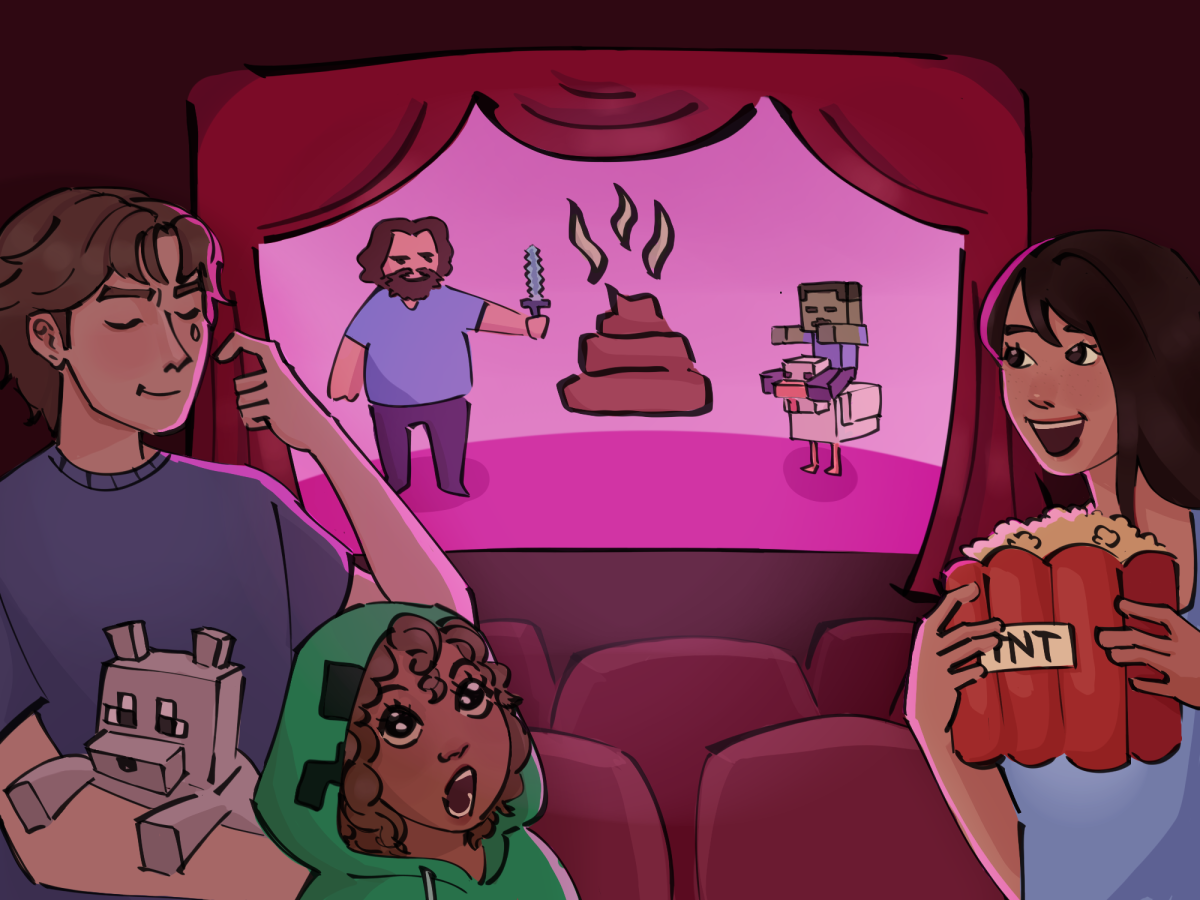In a pinnacle of trashy teen romance, XO, Kitty returned to Netflix for its second season on Jan. 16, promising an even wilder boarding school love story than its predecessor.
Season two follows Kitty Song-Covey as she juggles soap opera-esque relationships and searching into her half-Korean identity. Meant to be a coming-of-age adolescent pilgrimage, the show meanders through Kitty’s ups and downs under the guise of self-exploration at its most grating.
Remarkably addictive for its hallmark cringey acting and outlandish side plots, XO, Kitty is a laughable farce of typical K-drama as it attempts a sincere narrative, exploring everything from queerness to heritage, but gets distracted in a script that bites off more than it can chew.
Instead of focusing on Kitty finding herself, the series over-committed to drama, teeming with nonsensical offshoots that existed solely for shock value. Whether it’s pushing Dae into a singing competition to pay for his father’s sudden hospital expenses or turning Min Ho’s brother into blackmail for his girlfriend in the season’s finale, each episode introduced a messy pothole on top of several ongoing developments. As a result of cramming in so many side plots, the show busied itself with exposition. Characters awkwardly recounted long-winded stories to provide context and move the plot along, magnifying the storyline’s already disjointed composition.
The second season’s cast also introduced too many one-dimensional characters. Praveena, Kitty’s new female love interest, existed solely to prove that Kitty was emotionally unavailable before she’s tossed to the side. Meanwhile, new antagonist Stella’s character arc is rushed, sporadically emerging as a femme fatale in the finale despite parading herself as sweet and unassuming for most of the series. Similarly, Q’s new love interest Jin abruptly transformed from a long-time bully into a lighthearted flirt with little explanation. While such characters had potential to enhance the dynamic between XO, Kitty’s original cast, their presence diluted the chemistry between other characters as they crowded themselves into the script.
Kitty’s glaring immaturity only inflamed the wild storyline. From homewrecking Yuri’s relationship to constantly attempting to play “hero,” Kitty’s self-absorbed impulsivity bore its ugly head while the show struggled to portray her heartfelt self-discovery as premised. Her connection to her late mother and family was pushed off until the finale, and what was supposed to be a sentimental reunion with her heritage turned into a cheap cop-out for Kitty-Min Ho fanservice. Though Kitty’s unabashedly teenage demeanor is supposed to invoke empathy, her inability to see beyond her own world leads viewers to root against her.
Though XO, Kitty ventured to capture the awkward essence of teen years through a candid lens, its focus on mindless drama prevented any deeper portrayal. With a third season projected, the script must learn to take itself seriously if it hopes to recover from the tacky mess that is the second season.






























































